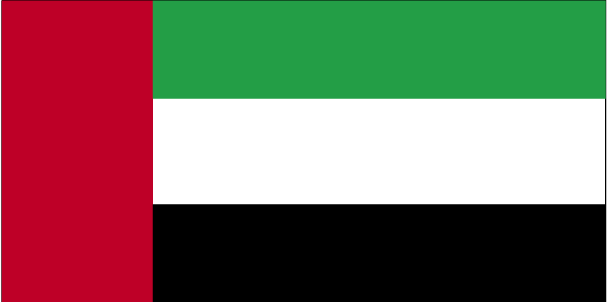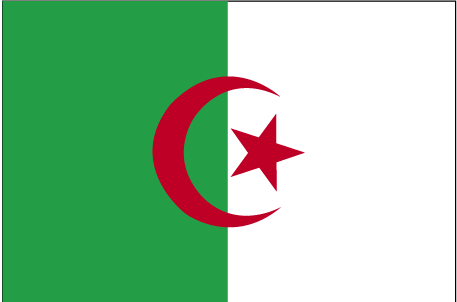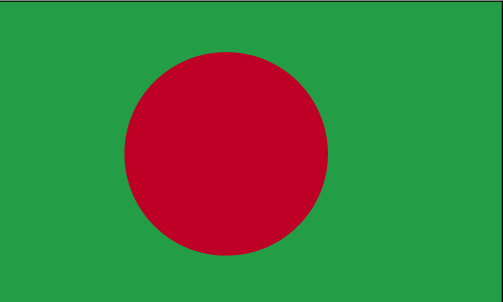Resolution #423
 |
The question of the effect of proxy warfare on security issues in the Middle East. |
| Committee: DISEC | |
| Main Submitter: United Arab Emirates | |
| Submitted: 14/02/2025 21:04 |
| Status |
|---|
| Passed cosubmitter sheet validation |
| Approved by approval panel |
| Selected for debate by secretariat |
| Failed by committee (DISEC) |
Committee Voting
| For: | 16 |
| Against: | 30 |
| Abstentions: | 2 |
Options
Co-submitters
 | United Kingdom |
 | Argentina |
 | Spain |
 | Belgium |
 | Algeria |
 | Canada |
 | Italy |
 | Bangladesh |
Resolution
FORUM: Disarmament and International Security Committee
QUESTION OF: The effect of proxy warfare on security issues in the Middle East
SUBMITTED BY: United Arab Emirates
CO-SUBMITTED BY: United Kingdom, Spain, Netherlands, Argentina, Algeria, Bangladesh, Canada, Italy, Costa Rica, Belgium
THE DISARMAMENT AND INTERNATIONAL SECURITY COMMITTEE,
Highlighting the importance of diplomatic communication in combating proxy warfare and terrorism,
Alarmed by the destabilizing impact of proxy warfare on the security and stability of the Middle East,
Encouraging all member states to willingly allocate their resources and power to tackle this critical issue,
Bearing in mind the significant need for of a coordinated approach to reduce the effect of proxy warfare on security issues in the Middle East,
Desiring the house to recognize the significance of this resolution and strongly support implementation,
1. Calls for an extensive expansion of humanitarian aid and overall reconstruction in war zones of proxy wars by:
a. rebuilding of the primary infrastructure, such as hospitals, schools, water systems, and transport systems to improve civilian health and stability
b. provision for the provision of medical aid, food programs, and disaster relief in cooperation with international organizations
c. funding sustainable development activities encouraging improved economic recovery, employment, and social reintegration of the displaced persons
d. appealing to international agencies like the International Committee of the Red Cross (ICRC), the United Nations Development Programme (UNDP), and other relief agencies mandated with the provision of relief to sufficiently provide relief and foster long-term capacity in affected communities;
2. Calls upon the international community to support inclusive post-conflict reconciliation by:
a. encouraging inclusive governance with equal political representation for all ethnic, religious, and political constituencies, which encourages unity and deters future conflict
b. facilitating cultural exchange programs, education, and public awareness campaigns based on common histories and mutual understanding with the objective of deconstructing extremist narratives and sectarian polarisation
c. financial and technical assistance to local leaders, civil society, and grassroots organizations engaged in peacebuilding, long-term stability, and conflict prevention;
3. Recommends the establishment of a European-led diplomatic including but not limited to regional actors to mediate between groups aiming to minimize risk of tensions by:
a. Encouraging Iraq’s participation in regional dialogues to support Iraq in formulating a neutral stance
b. Assist Iraqi government efforts to absorb the paramilitary troops into state-owned official security forces, minimizing their direct ties with Iran;
4. Urges for the ending of military aid coming from developed nations to the certain proxy groups in the area with strict regulations that forbids the UN nations to be in any collaboration that can be advantageous for the proxy groups;
5. Encourages the international collaboration between international organizations, nations, nongovernmental organizations, and civil society groups to promote human rights protections within regions affected by proxy warfare.